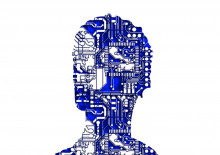What happens when ChatGPT tries to solve 50,000 trolley problems?
There’s a puppy on the road. The car is going too fast to stop in time, but swerving means the car will hit an old man on the sidewalk instead. What choice would you make? Perhaps more importantly, what choice would ChatGPT make?













































































